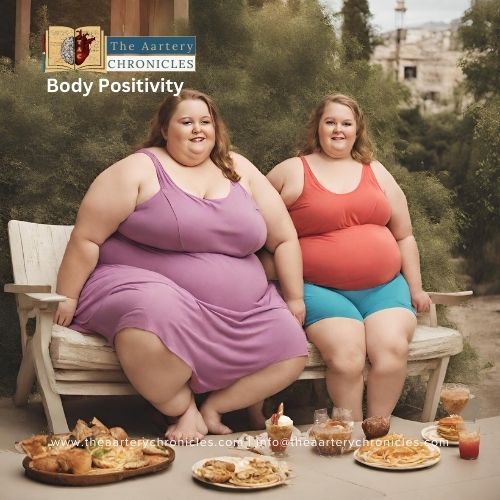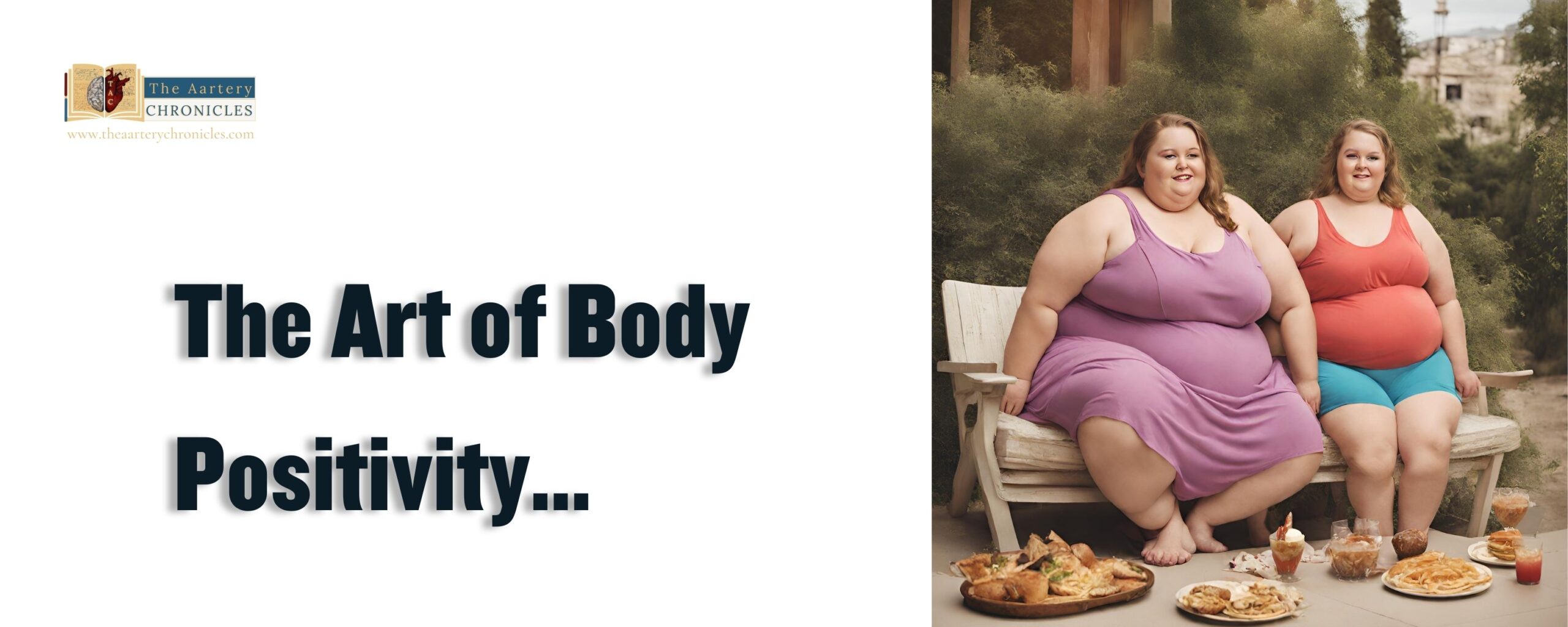

Stripping Away Insecurities: The Art of Body Positivity
Is Body Positivity Harmful? Traversing through the Complexities of Body Positivity:
In recent years, the term “body positivity” has become a buzzword, representing a social movement advocating for the acceptance of all bodies, regardless of size, shape, skin tone, gender, or physical abilities. While the initial intent of the movement is undoubtedly positive, its application and interpretation have sparked various debates. Body positivity has often been misinterpreted and misused by the majority of people, who often use it as a curtain to hide behind. So, what factors contribute to turning this initially positive concept into something potentially harmful?
In this exploration, we delve into the complexities surrounding body positivity, examining potential pitfalls and discussing the need for a nuanced approach.
Inclusivity Challenges:
One of the challenges facing the body positivity movement is its potential exclusivity, particularly towards men. Men are being subjected to criticism for their height, body types, and more. On the other hand, when a woman faces even minor criticism, the backlash can be excessive, creating a perception that women are untouchable. Critics argue that while women may face less criticism, men often feel pressured to conform to specific body standards, thus undermining the movement’s inclusive essence.

Confronting harsh Realities of Health:
Body positivity is often misunderstood by society as a way to evade the realities of health issues, body image, and overall well-being. While self-acceptance is essential, it should not serve as a shield preventing individuals from acknowledging potential health risks and mortality linked to their choices. For some, embracing self-love becomes an easier alternative to confronting feelings of worthlessness. A nuanced understanding of body positivity necessitates recognizing its potential misuse. It is crucial to strike a balance between self-love and health awareness.
Addressing controversies of body positivity and health realities…
In addition, this movement often leads people to dismiss legitimate health concerns and sweep them under the rug. Furthermore, doctors sometimes face accusations of body shaming and fat shaming when expressing concerns about obesity, even though it is a significant factor in many health conditions. More worrisome for doctors is the apprehension of potential online backlash when called out for alleged body shaming.
Commercialization Dilemma:
The commercialization of body positivity by companies targeting specific demographics, such as obese women, under the guise of inclusivity, raises ethical questions. While inclusivity is vital, there’s a risk of sending misleading messages about the normalcy of certain health conditions, particularly to the younger generation.
Complexity Oversimplification:
Critics argue that the term “body positivity” tends to oversimplify complex issues within individuals, such as body image, health, and weight loss. Rather than offering solutions, it may act as a superficial cover, masking the deeper concerns that individuals grapple with on a personal level.

Attraction Preference and Labeling:
A sensitive aspect of the conversation involves labelling individuals expressing preferences in romantic relationships. The body positivity movement has influenced perceptions of attraction, implying that those opting not to engage romantically with someone based on body type may be labelled with “fatphobia.” It’s crucial to acknowledge everyone’s uniqueness and their right to choose preferred body types in attraction. Nevertheless, those exercising this choice may face backlash, being unfairly labelled as “fatphobic.” The use of terms like “fatphobia” can be divisive, overshadowing the importance of respecting personal choices and preferences without stigmatization.
Conclusion: A Call for Nuance
The notion of body positivity, though originally well-intentioned, has transformed into a complex and occasionally problematic phenomenon. Challenges such as inclusivity, gender bias, and the risk of overlooking vital health concerns have emerged. Moreover, the commercialization of body positivity and the oversimplification of profound issues prompt inquiries into its genuine impact. While advocating for self-acceptance and diversity remains crucial, there is an equal need to delve into the underlying complexities and foster a more nuanced, holistic approach to matters concerning body image and well-being.

Author: Dr. Toka Gamal
MD (General Medicine)
- Medicine
- Nutrition And Diet












